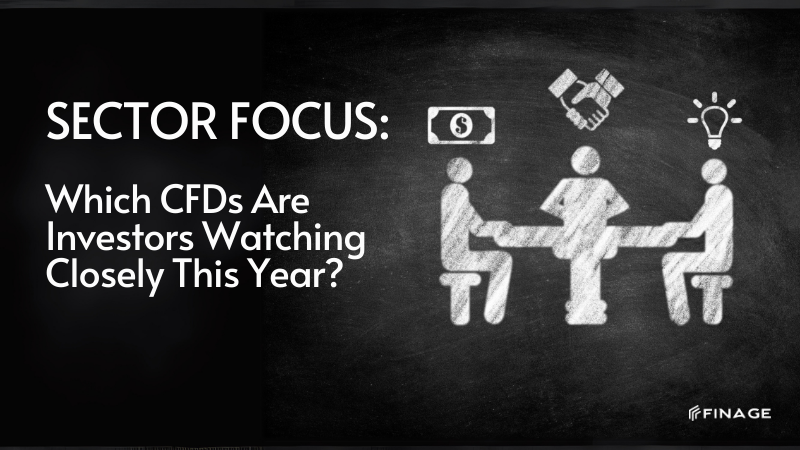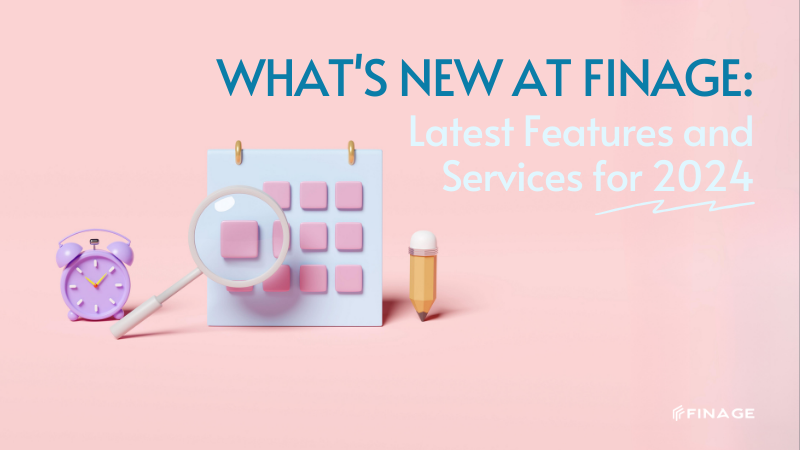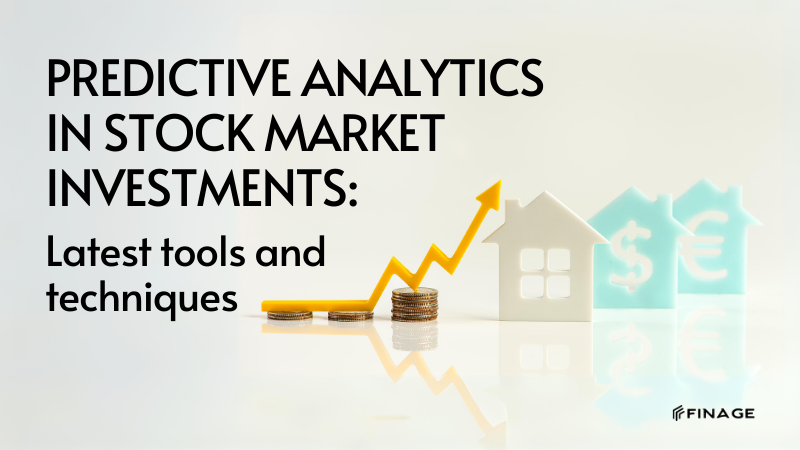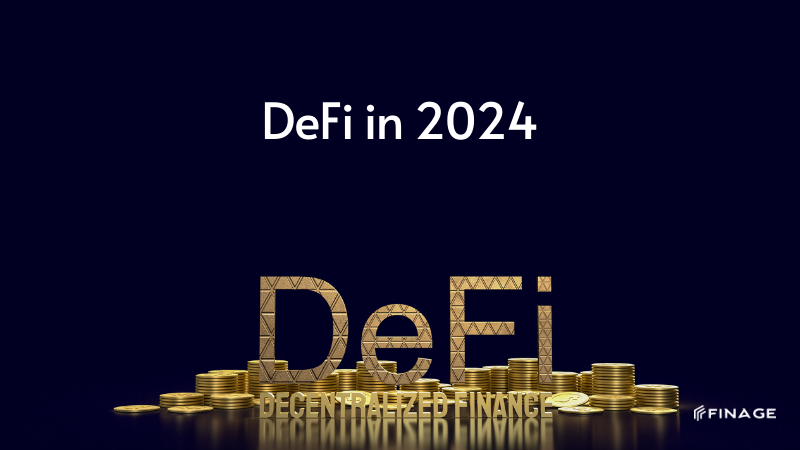Back to Blog
by Finage at May 5, 2021 5 MIN READ
Forex

Your Complete Foreign Exchange Hedging Guide
Hedging is a word that you might have used in a variety of contexts. It's a commonly used concept, and although the application scenarios can differ, the basic idea remains the same. Hedging is the process of shielding oneself from loss during a transaction in its most basic form.
To hedge means to add some additional protection to whatever deal you're doing to ensure you're covered if the market dynamics change. In fact, purchasing insurance is a type of non-financial hedging in and of itself. When you insure a car, you're putting yourself in a careful, measured position to shield yourself from an unforeseeable situation and minimize your financial liability if anything goes wrong.
We carry out an endless stream of transactions every day, such as getting in our cars to go somewhere, booking a flight, or transferring money from one location to another. Although we hope that nothing bad happens, we do all we can to protect ourselves and ensure that we are taken care of in the event that it does. Hedging is no different in the world of finance.
Hedging of Foreign Exchange
Foreign exchange hedging is similar to the type of hedging you would do before engaging in a high-risk operation by purchasing insurance. Foreign exchange and currency markets in general are notoriously unpredictable. As a result, once you enter the forex market, you are exposing yourself to some risk.
There are a few steps to take in order to carry out a foreign exchange hedge. To begin, you must first determine your exposures. A company or individual's foreign exchange exposure is the risk they take when transacting in currencies other than their own. In layman's terms, it means determining how susceptible you are to a currency's depreciation. In general, this phase entails assessing your risk.
The next step is to develop a currency risk management strategy for your business. Finally, you must map out your budget rates and targets, choose a hedging strategy, implement your strategy (or strategies), analyze the outcomes, and make any necessary adjustments.
When it comes to risk management, currency hedging necessitates a great deal of planning. This is especially true when currencies are particularly volatile.
Hedging Strategies for Foreign Exchange
Forward contracts and spot contracts are the two major methods for currency hedging.
When two parties sign a contract, they are agreeing to purchase or sell properties in the future. This contract must be fulfilled on a specific date and for a specific amount. A contract has been reached today for a future date. Forwards may be used to mitigate risk or take advantage of a favorable exchange rate before the delivery date.
Spot contracts, on the other hand, are deals to purchase or sell an asset immediately, or "on the spot."
The Benefits and Drawbacks of Currency Hedging
Hedging's advantages are, by definition, risk minimization and help during unpredictable times. Although hedging eliminates some risk, it also eliminates some reward. Costs are usually a part of the plan, and they can eat up a lot of your future benefit.
It reduces your risk, but it also reduces your reward. Hedging investors will have negative associations with their returns when a market is doing well. As a result, making a substantial profit can be difficult. These same tactics, on the other hand, ensure that you don't lose a lot of money.
While hedging can be complicated, currency hedging is one of the more straightforward types for beginners. So it's all up to you. Is it better to take a high-risk, high-reward approach or to take a low-risk, low-reward approach?
Make B2B payments with a global leader in foreign exchange.
Finage Forex APIs assists companies in navigating foreign currency markets effectively in order to optimize value while minimizing risk. Pay disbursements, money transfers between global offices, and the safe storage of balances in multi-currency accounts are all made possible by the app. FX rates that meet accounting standards are needed for any company that deals with multiple currencies. When the accounting system applies those rates, the way they're rounded has a big impact on the quality of foreign currency transactions.
Multi-currency financial controllers need correct and authentic foreign currency rates in their accounting system. Finage FX Data Services is a well-known supplier of rates to at least 15 decimal places for all tradable currencies. It must be decided whether or not to round those rates, and if so, at what point the rounding should occur:
At the point where the prices are being pulled from the source.
After some configuration has occurred, such as triangulation to obtain cross-rates or inverse measurement.
Is it easier to use decimal places or significant figures if rounding is to be done?
The distinction between important figures and decimal places
Significant figures rounding is identical to rounding by decimal points, with the exception that all leading zeros are ignored.
Decimal places or important figures: which is more accurate?
This is determined by the size of the group:
Decimal Places are more reliable for rates greater than one.
It makes no difference which rounding method is used for rates between 0.1 and 1.
Significant Figures are more reliable for rates smaller than 0.1. Indeed, rounding by decimal places will result in a rate of zero for very low-value currencies (see final example in the table below).
While the most reliable solution is to avoid rounding altogether, many ERPs and Excel programs do so anyway. If you're working with rates that span a wide variety of values, you might want to use a combination of decimal places and significant figures.
Our Currency Converter interactively displays rates to 5 decimals, while our Historical Currency Converter displays rates to 6 decimals.
Integrate the most accurate and dependable FX data available.
Finage's exchange rates API is simple to integrate with your current platform, and it gives you access to 4 years of historical FX data for over 2,000 currency pairs, as well as rates for over 200 currencies, commodities, and precious metals.
Sign up for a safe and reliable way to automate your cross-border payments.
Featured Posts

Sector Focus: Which CFDs Are Investors Watching Closely This Year?
April 24, 2024

What's New at Finage: Latest Features and Services for 2024
April 23, 2024

Predictive Analytics in Stock Market Investments: Latest Tools and Techniques
April 22, 2024

NFTs in the Entertainment Niche & Its Role in the Web3 Ecosystem
April 21, 2024

DeFi in 2024: Exploring the Growth & Impact on Traditional Financial Services
April 20, 2024
Categories
Forex
Finage Updates
Stocks
Real-Time Data
Finage News
Crypto
ETFs
Indices
Technical Guides
Financial Statements
Excel Plugin
Web3
Tags
finage forex api
how to manage hedge funds by AI
hedge funds applications
finage forex currency account
forex api for accounts
Join Us
You can test all data feeds today!
Start Free Trial

If you need more information about data feeds, feel free to ask our team.
Request Consultation
Back to Blog
Please note that all data provided under Finage and on this website, including the prices displayed on the ticker and charts pages, are not necessarily real-time or accurate. They are strictly intended for informational purposes and should not be relied upon for investing or trading decisions. Redistribution of the information displayed on or provided by Finage is strictly prohibited. Please be aware that the data types offered are not sourced directly or indirectly from any exchanges, but rather from over-the-counter, peer-to-peer, and market makers. Therefore, the prices may not be accurate and could differ from the actual market prices. We want to emphasize that we are not liable for any trading or investing losses that you may incur. By using the data, charts, or any related information, you accept all responsibility for any risks involved. Finage will not accept any liability for losses or damages arising from the use of our data or related services. By accessing our website or using our services, all users/visitors are deemed to have accepted these conditions.